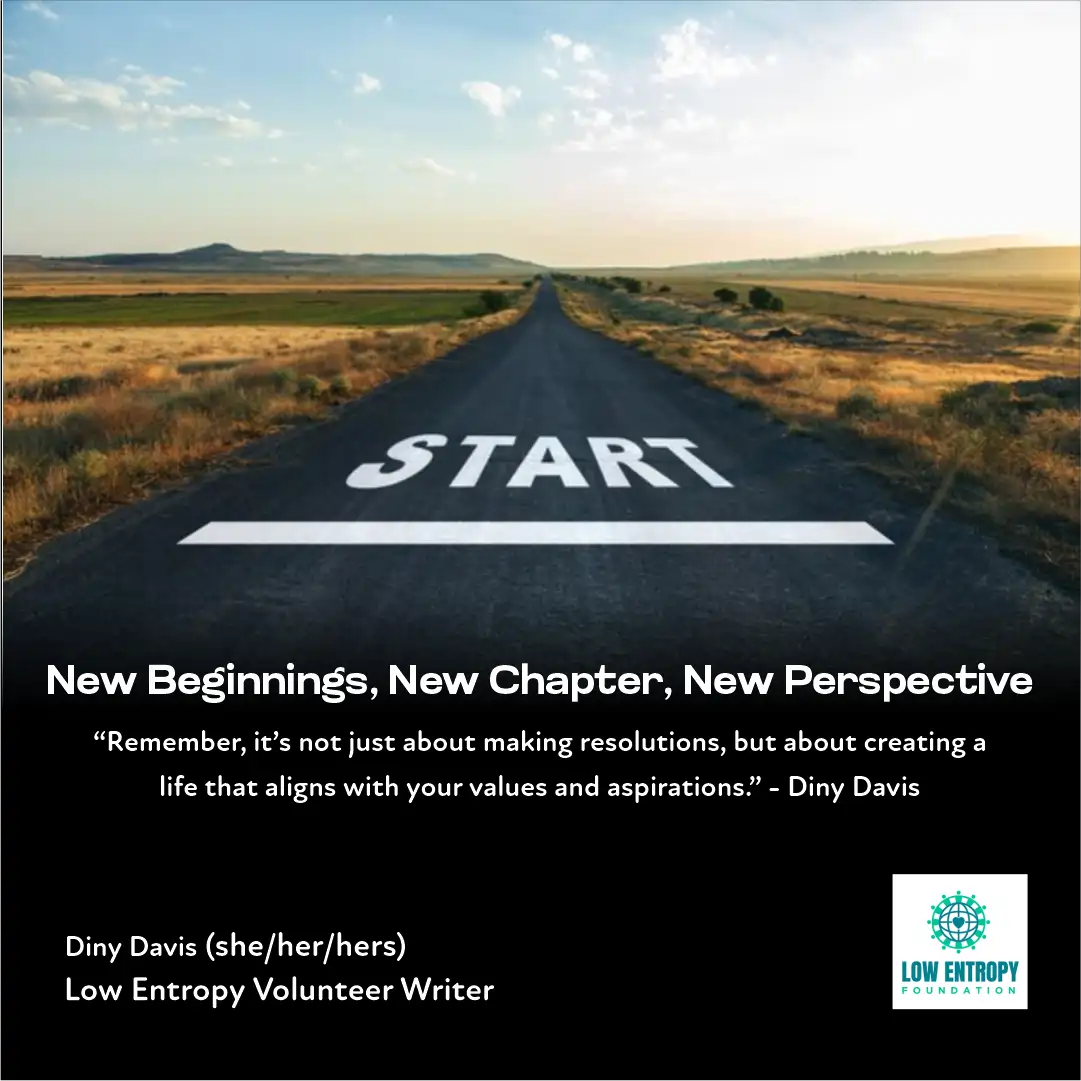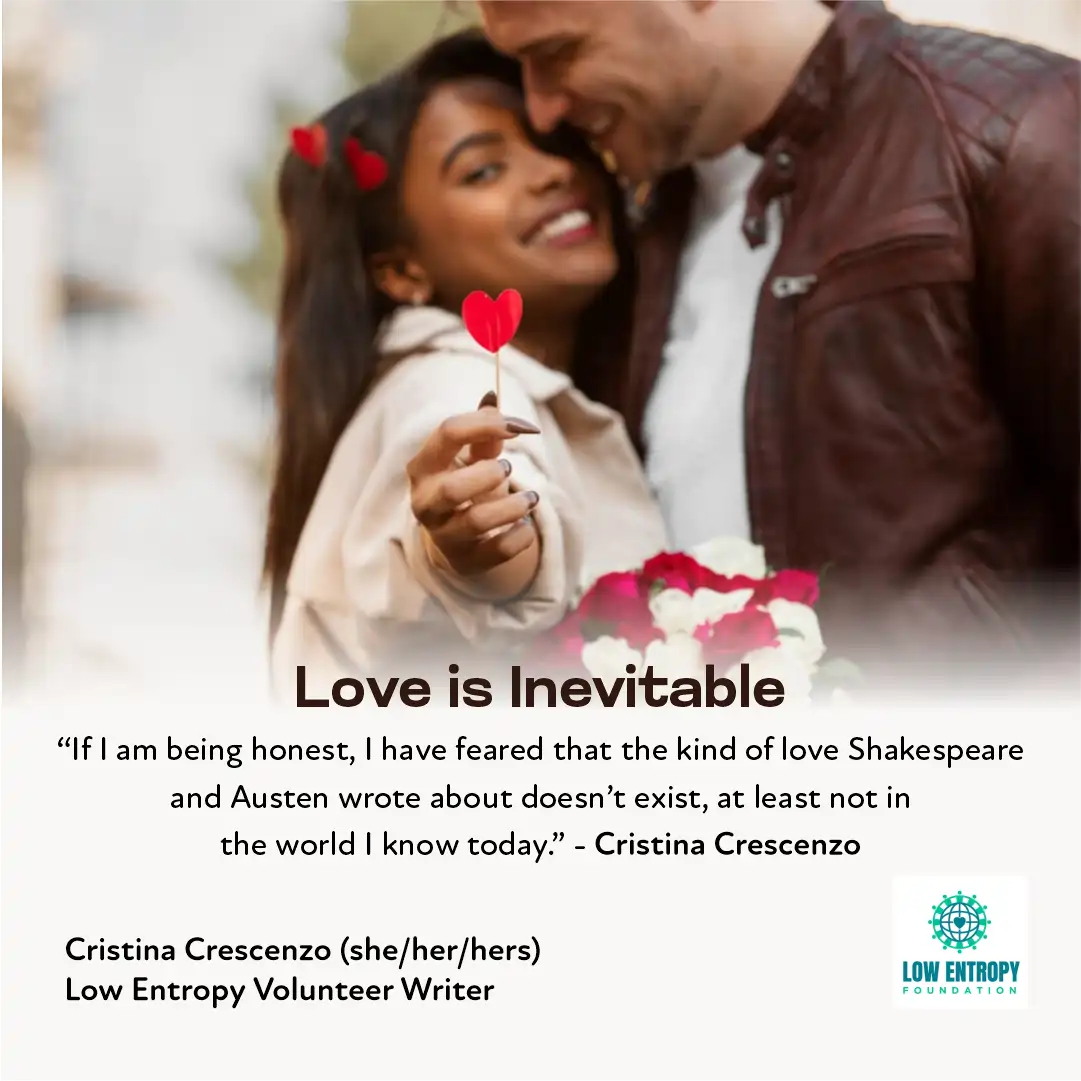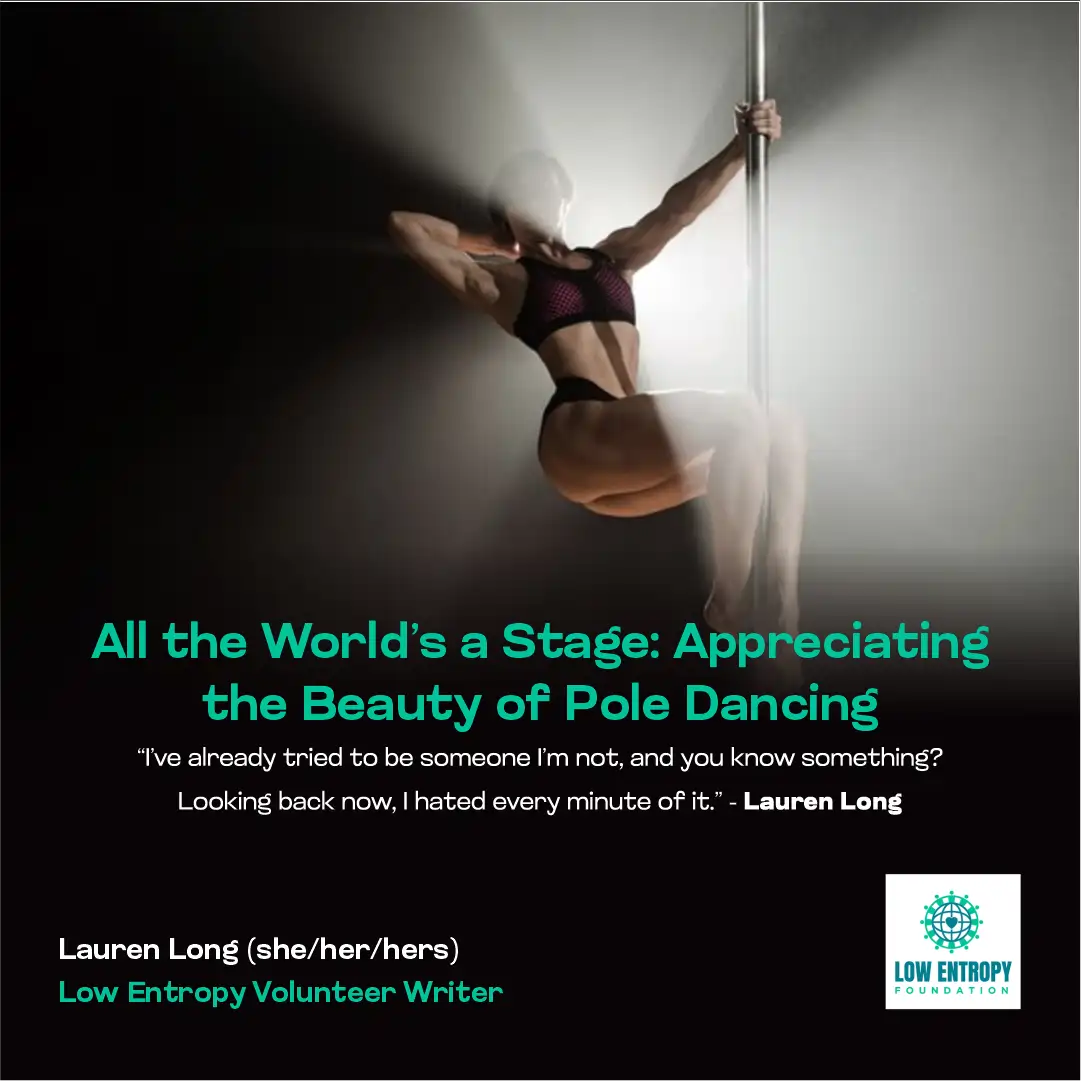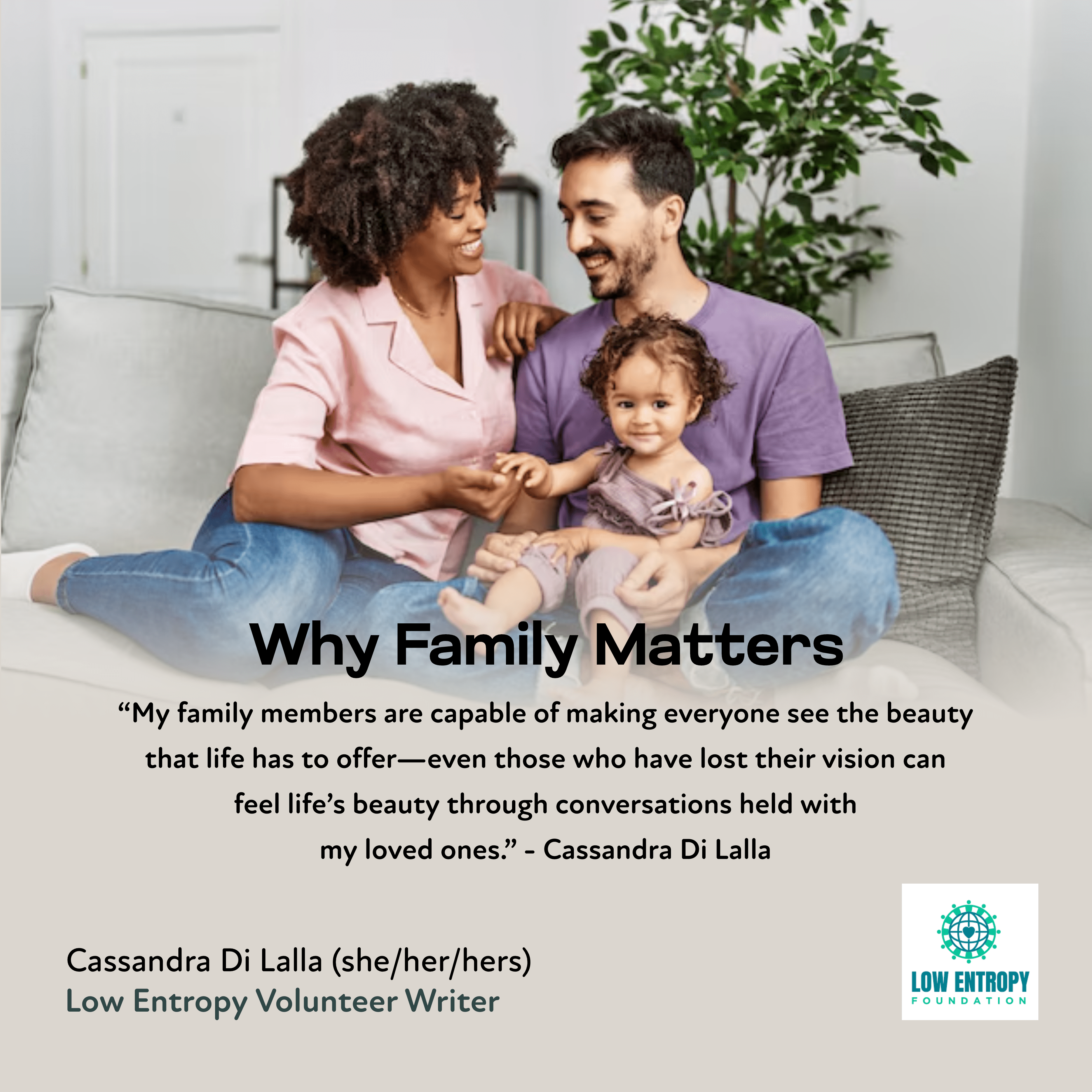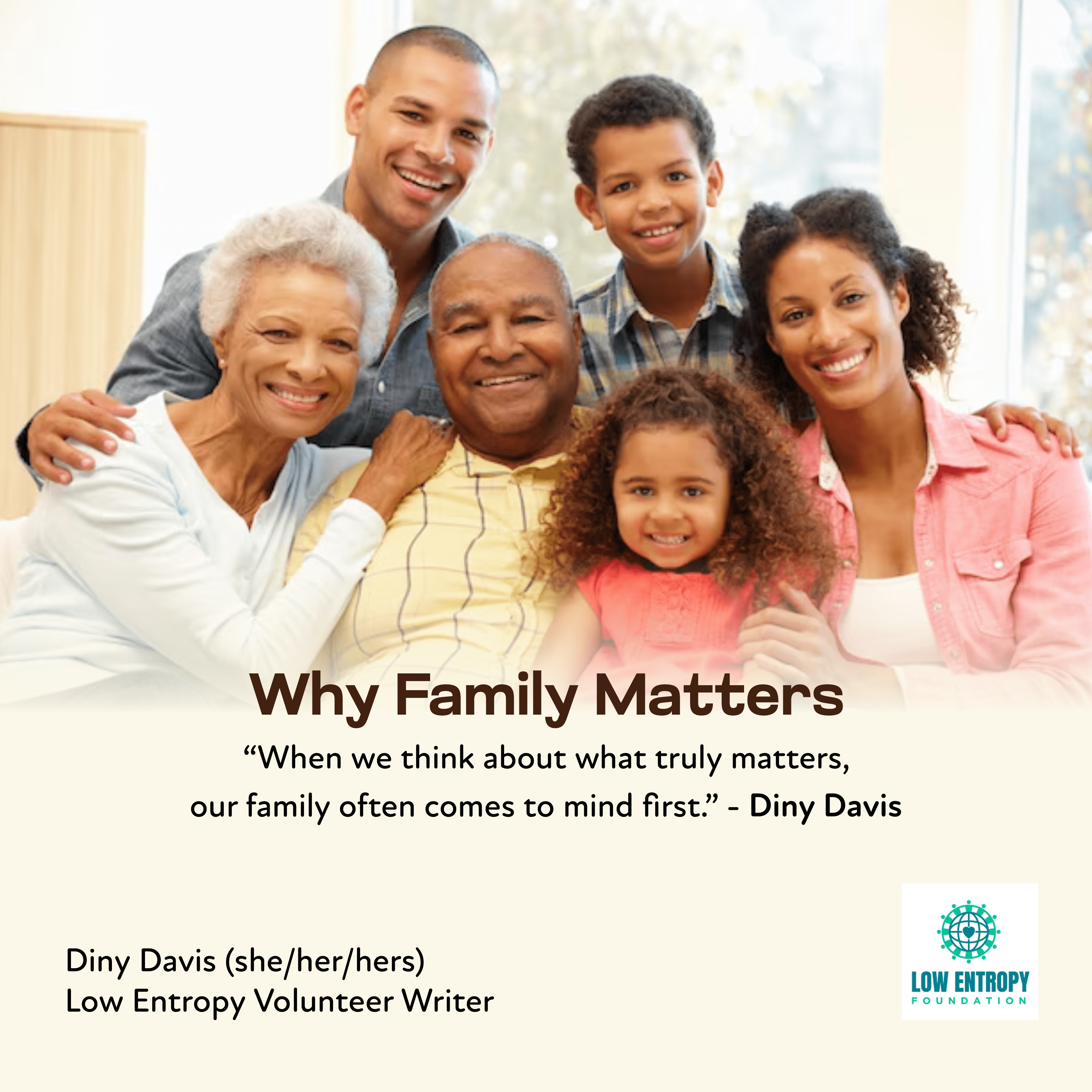Diny Davis (she/her/hers), Low Entropy Volunteer Writer
“It’s never too late for a new beginning in your life.’’ – Joyce Meyer
As the clock strikes midnight on December 31st, a collective sense of anticipation fills the air. The New Year is a time of reflection, renewal and reinvention. It’s a chance to turn the page, start fresh and embrace new opportunities. In this article, we’ll explore how the New Year symbolizes new beginnings, the opening of new chapters and the adoption of fresh perspectives. Let’s dive into the significance of these themes and offer practical tips to help you make the most of this transformative time.
The New Year brings a sense of excitement and possibility. It’s a time when we can reflect on our past experiences and look forward to what’s ahead. This year let’s approach our goals with confidence and determination.
Embracing New Beginnings
The concept of new beginnings is deeply fixed in the human soul. It represents hope, change and the possibility of a better future. As we turn the page on another year, we find ourselves at the beginning of a new chapter in our lives. This transition offers us a unique opportunity to reflect on our past experiences and set the stage for future growth. But what does it truly mean to embrace a new beginning?
The Power of a Clean Slate
The New Year offers a symbolic clean slate, allowing us to leave behind past mistakes and regrets. This act of letting go can be incredibly liberating, freeing us from the burdens of the past.
Unlike resolutions, which can often feel boring or difficult to continue, setting intentions is about focusing on how you want to feel and what you want to experience in the coming year. This approach is more flexible and forgiving, allowing for growth and change.
Opening a New Chapter
Every New Year is like a new chapter in the book of life. It’s an opportunity to write your story with intention and purpose.
Reflecting Your Past
Before you can move forward, it’s essential to reflect on the past year. What were your successes? What challenges did you face? This reflection can provide valuable insights and guide your next steps.
Unlike intentions, goals are specific and measurable. They provide a roadmap for the year ahead, helping you stay focused and motivated.
Goal-Setting
Consider setting SMART goals—specific, measurable, achievable, relevant and time-bound. For instance, instead of saying, “I want to get fit,” a SMART goal would be, “I will exercise for 30 minutes, three times a week, for the next three months.”
Adopting a New Perspective
A new perspective can transform how we see the world and ourselves. It can open doors to opportunities we never imagined.
Shifting Your Mindset
Embracing change with an open mind can lead to unexpected and rewarding experiences.
Gratitude is another way to shift our focus from what we lack to what we have. It can enhance our well-being and improve our outlook on life. As we move forward, let’s carry with us a spirit of gratitude. Take a moment each day to appreciate the good things in your life, big and small. Gratitude can transform our perspective and fill our hearts with joy.
The Power of Perspective
Imagine facing a challenging situation at work. Instead of viewing it as a setback, consider it an opportunity to learn and grow. This shift in perspective can change your approach and lead to positive outcomes.
Connecting with Others
The New Year is also a wonderful time to strengthen our bonds with others. Reach out to old friends, make new connections and cherish the relationships that bring light to your life. Share your hopes and dreams with loved ones and support them in theirs.
Conclusion
As we step into the new year, let’s embrace the possibilities it holds. Whether it’s starting new, writing a new chapter or adopting a fresh perspective, the New Year is a time for growth and transformation.
Remember, it’s not just about making resolutions, but about creating a life that aligns with your values and aspirations. So take a moment to reflect, set your intentions and welcome the new year with open arms.
By embracing new beginnings, opening new chapters and adopting new perspectives, we can make the most of the opportunities that lie ahead. Here’s to a year filled with growth, joy and endless possibilities.
—
Diny Davis is an aspiring author who is passionate about fitness and a strong believer in the close connection between physical and mental health. She is a journalism, psychology and literature graduate, a loving wife and a caring mother who maintains a balance in her work and personal life while giving emphasis to self-care.







